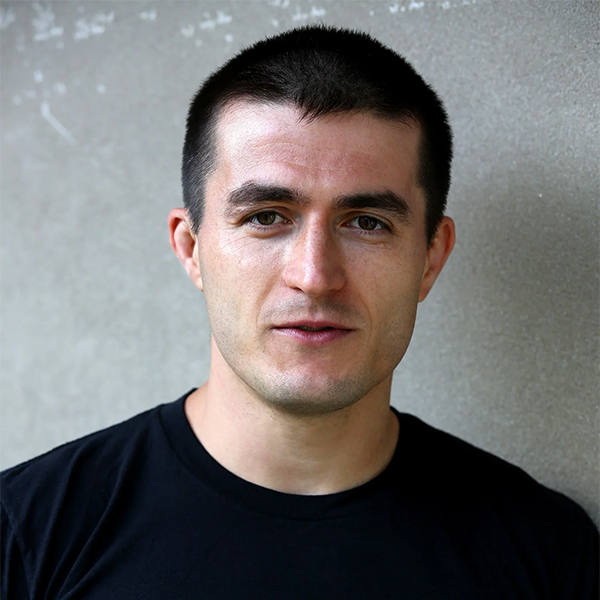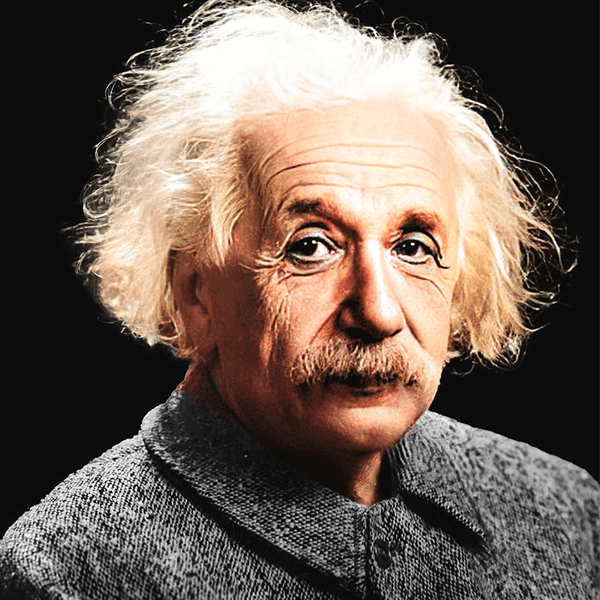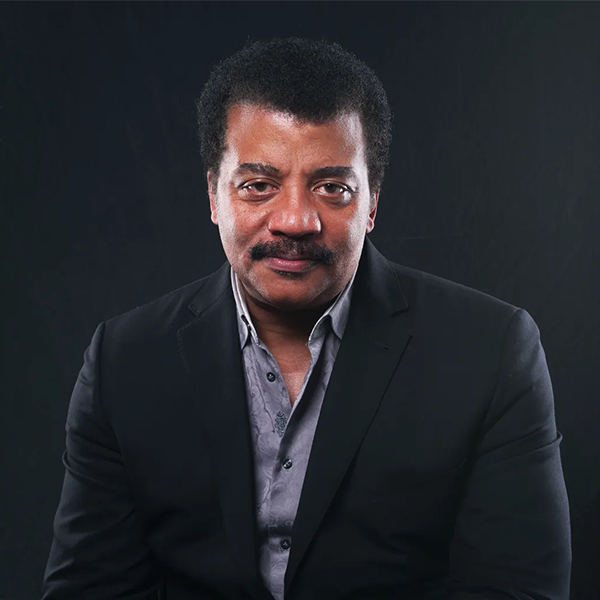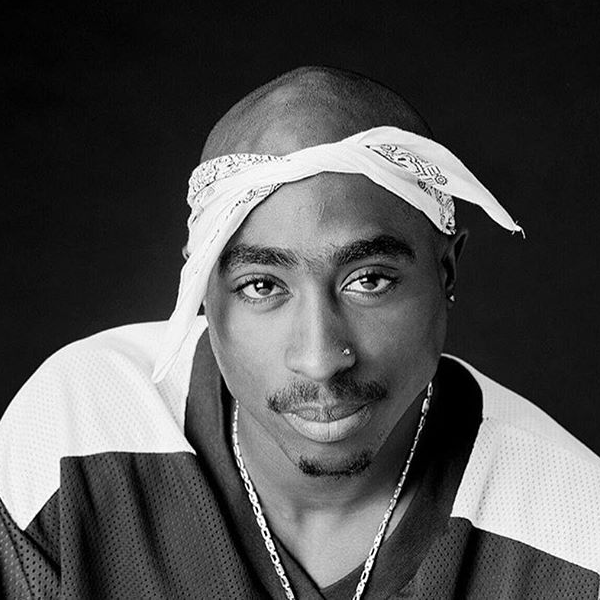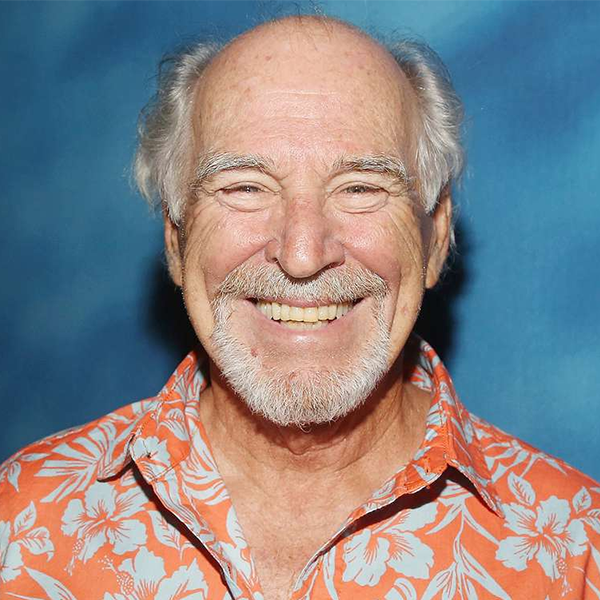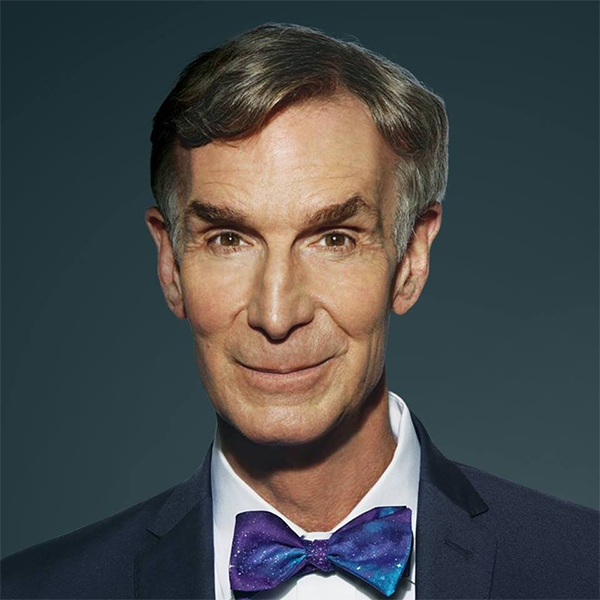Stephen Hawking was a world-renowned theoretical physicist, known for his groundbreaking work in relativity and black hole theory. Born in Oxford, England, in 1942, Hawking's intellectual journey began early, and he was eventually recognized as a brilliant student. His studies at Oxford and later at Cambridge were the start of a profound academic career, even as he was diagnosed with ALS (amyotrophic lateral sclerosis) at the age of 21—a disease that gradually paralyzed him. Despite his physical limitations, Hawking’s mind remained sharp, and he continued to make significant scientific contributions, including the theoretical prediction that black holes emit radiation, now known as Hawking radiation.
❝Nothing is better than reading and gaining more and more knowledge.❞ — Stephen Hawking
Stephen Hawking was also an avid reader and communicator of science, believing strongly in the power of education to elevate minds and lives. His bestselling book, "A Brief History of Time," makes complex scientific ideas accessible to the general public, showcasing his commitment to educating people about the cosmos. Hawking’s writings and lectures often reflected his belief that reading and learning were crucial for understanding the universe. Through his books, he sought to ignite curiosity and foster a deeper understanding of the universe in as many people as possible.

